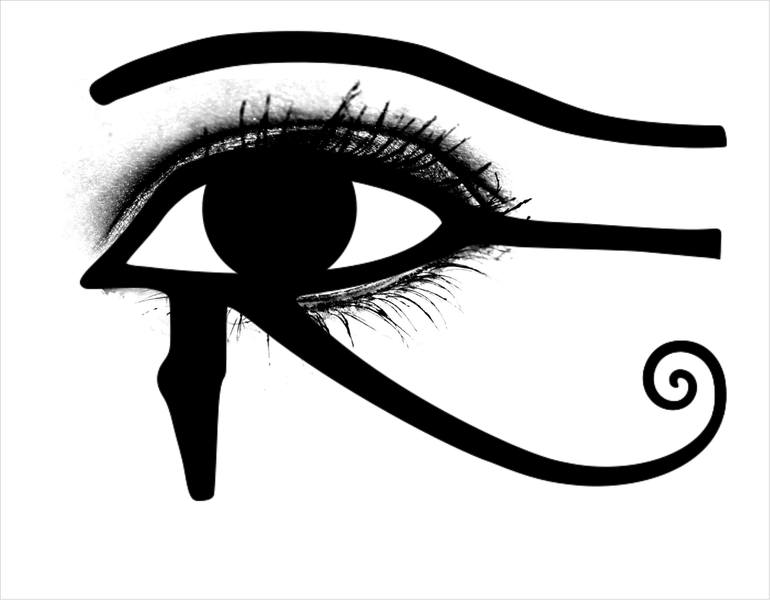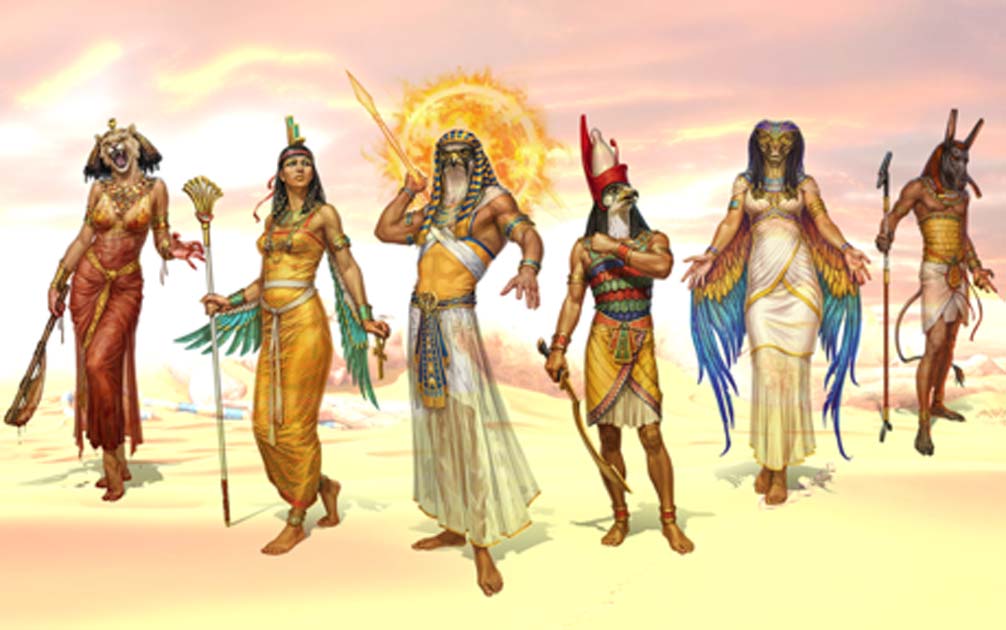
Revisiting my #top10 #mythology #books
@Paracelsus1092
@Heghoulian
(5) PENGUIN DICTIONARY OF SYMBOLS (1969)
A collaboration of French writer, philosopher and theologian Jean Chevalier, with French poet and explorer Alain Gheerbant
@Paracelsus1092
@Heghoulian
(5) PENGUIN DICTIONARY OF SYMBOLS (1969)
A collaboration of French writer, philosopher and theologian Jean Chevalier, with French poet and explorer Alain Gheerbant

Their literary background shines forth in the lyrical quality or poetic resonance of the entries - although at times the entries can be somewhat overwhelming in the density of their style
As for the book itself, well, it's a dictionary…of symbols. Obviously. Although that understates just how comprehensive the entries are, both in quantity and quality. There's an entry for virtually everything that can be seen as a symbol - animals, plants, objects and concepts
I'll let Penguin's own publishing entry speak for it - "This is a remarkable dictionary, exploring the vast and various symbols which abound in literature, religion, national identity and are found at the very heart of our dreams and sub-conscious"
"Each entry is given its complete range of interpretations - sexual and spiritual, official and subversive, cultural and religious - to bring meaning and insight to the symbol"
• • •
Missing some Tweet in this thread? You can try to
force a refresh








